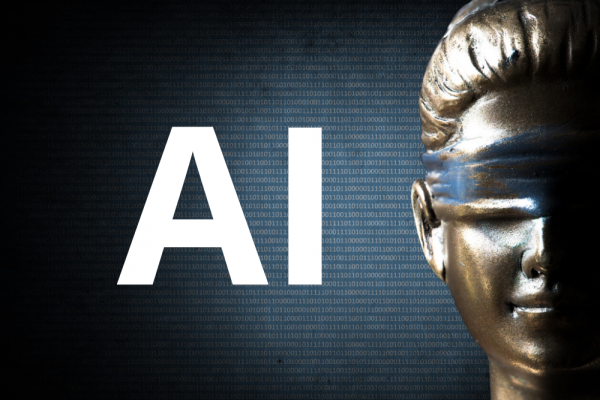On Wednesday, 13 March, the European Parliament voted to adopt the Artificial Intelligence Act (AI Act) into law with a majority of 523 votes in favour, 46 against, and 49 abstentions. In a landmark achievement in artificial intelligence (AI) regulation, the AI Act will create the first comprehensive set of rules governing AI.
Access the AI Act (full text) adopted by the Parliament plus the final report, including all 808 amendments.
The AI Act takes a risk-based approach, prohibiting specific AI applications like biometric surveillance and establishing obligations regarding the impact of AI on society and people. It also requires human oversight, data governance of systems and technical documentation of how the systems work so that they can be clearly understood.
A final legal-linguistic analysis will take place in April to check for errors in the text before the AI Act can be formally endorsed by the EU Council. The new law will enter into force 20 days after its publication in the Official Journal of the European Union. After this, the AI Act will become fully applicable 24 months after it enters into force, with certain exceptions—bans on prohibited practises will apply after 6 months, codes of practice after 9 months, general-purpose AI rules after 12 months, and obligations for high-risk systems after 36 months.
A video of the press conference by co-rapporteurs Brando Benifei and Dragos Tudorache is available to watch here.
Internal Market Committee co-rapporteur Benifei said, "We finally have the world’s first binding law on artificial intelligence to reduce risks, create opportunities, combat discrimination, and bring transparency. Thanks to Parliament, unacceptable AI practices will be banned in Europe and the rights of workers and citizens will be protected."
Civil Liberties Committee co-rapporteur Tudorache said, "We have linked the concept of artificial intelligence to the fundamental values that form the basis of our societies. However, much work lies ahead that goes beyond the AI Act itself. AI will push us to rethink the social contract at the heart of our democracies, our education models, labour markets, and the way we conduct warfare. The AI Act is a starting point for a new model of governance built around technology. We must now focus on putting this law into practice."
Additional legal analysis and commentary are available from the IAPP, Pinsent Masons, the Future of Privacy Forum, and The Register.
The IAPP has also published a detailed resource outlining the AI Act's purpose, the changes it will bring, and the challenges posed, along with an overview of each focus area.
Separately, the IAPP has published a roundup of responses to the passing of the AI Act from industry, civil society, and EU officials.

What is this page?
You are reading a summary article on the Privacy Newsfeed, a free resource for DPOs and other professionals with privacy or data protection responsibilities helping them stay informed of industry news all in one place. The information here is a brief snippet relating to a single piece of original content or several articles about a common topic or thread. The main contributor is listed in the top left-hand corner, just beneath the article title.
The Privacy Newsfeed monitors over 300 global publications, of which more than 5,750 summary articles have been posted to the online archive dating back to the beginning of 2020. A weekly roundup is available by email every Friday.
